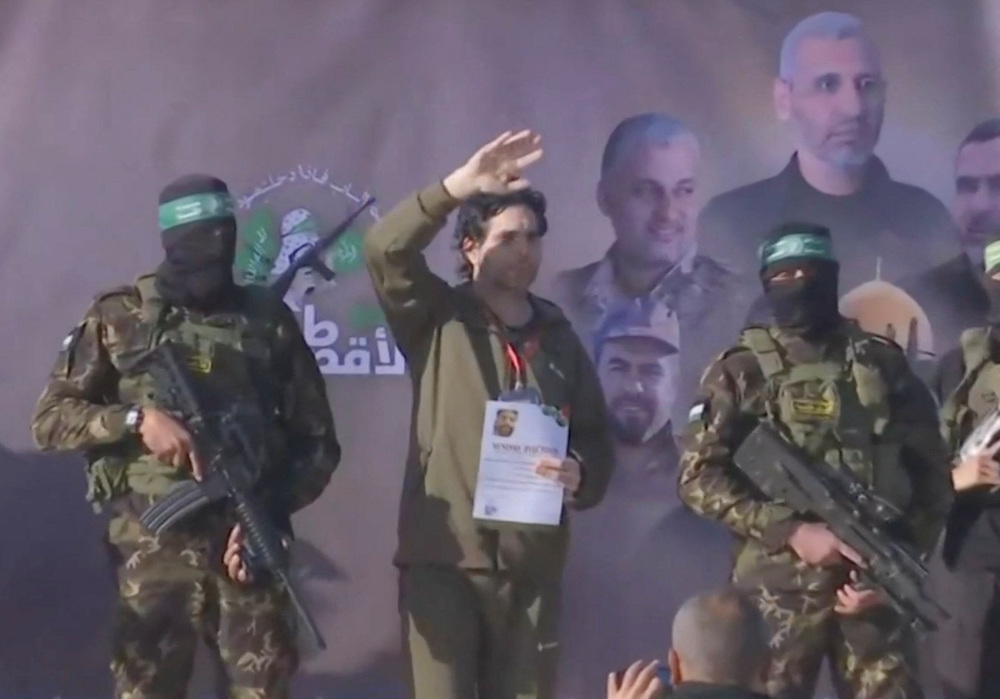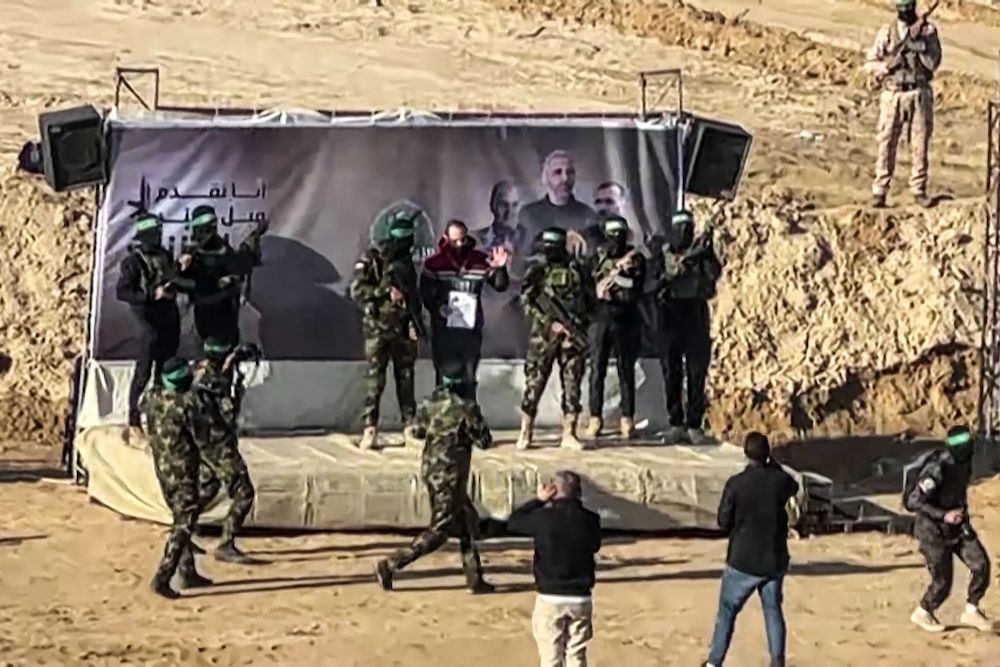DUBAI: Iranians choose a president on Friday in a tightly controlled election following Ebrahim Raisi’s death in a helicopter crash last month, with the outcome expected to influence the succession to Ayatollah Ali Khamenei, Iran’s top decision-maker.
With Iran’s supreme leader now 85, it is likely that the next president will be closely involved in the eventual process of choosing a successor to Khamenei, who has ensured candidates sharing his hard-line views dominate the presidential contest.
The election coincides with escalating regional tensions due to the Israel-Hamas conflict, increased Western pressure on Iran over its rapidly advancing nuclear program, and growing domestic dissent over political, social, and economic crises.
However, the looming succession to the fiercely anti-Western Khamenei is the overriding concern among Iran’s clerical elite.
The Guardian Council, a hard-line vetting body of clerics and jurists aligned to Khamenei, has approved five hard-liners and one low-profile moderate candidate from an initial pool of 80.
Prominent among the hard-liners are Mohammad Baqer Qalibaf, parliament speaker and former head of the powerful Revolutionary Guards, and Saeed Jalili, a former nuclear negotiator.
The sole moderate candidate, Massoud Pezeshkian, has the endorsement of Iran’s politically-sidelined reformist camp that advocates detente with the West.
The fiercely anti-Western Khamenei has not backed any candidate publicly. However, in a televised speech on Tuesday he said: “One who thinks that nothing can be done without the favor of America will not manage the country well.”
His adviser Yahya Rahim Safavi has urged voters to elect “a president whose views do not conflict with those of the supreme leader,” state media reported.
“The people should choose a president who considers himself the second in command ... The president should not create division,” said Safavi, a former chief commander of the Guards.
While the president’s role has a high international profile, real power rests with the supreme leader, who has the final say on state matters like foreign or nuclear policies and controls all branches of government, the military, media and the bulk of financial resources.
Raisi was widely seen as a potential successor to Khamenei, and his sudden death has sparked a race among hard-liners seeking to influence the selection of Iran’s next top leader.
Divided nation
An Iranian insider close to Khamenei, who asked for anonymity due to the sensitivity of the matter, said the Supreme Leader “has no tolerance for political infighting when cohesion among those in power is essential.”
“A president, who is loyal and aligns completely with the supreme leader while also a trusted ally of the Revolutionary Guards, can significantly contribute to a seamless transition of power,” said the insider.
While devout supporters of the clerical establishment are expected to vote for hard-liners, many Iranians may choose to abstain amid limited electoral options, discontent over a crackdown on dissent, and anger over worsening living standards.
The chances of Pezeshkian, who is also strongly loyal to Khamenei, depend on attracting millions of disillusioned mainly young voters who have stayed home in elections since 2020 and also on persistent splits among the five hard-line candidates.
The reformists’ electoral strength remains uncertain, however, as some voters believe they failed to deliver greater freedoms during their past tenures in power.
Unrest sparked by the death of Mahsa Amini, a young Kurdish woman, in custody in 2022, exposed a widening divide between reformists and their power base, after leaders distanced themselves from demonstrators who demanded a “regime change.”
Reformists remain faithful to Iran’s theocratic rule but advocate detente with the West, economic reform, social liberalization and political pluralism.
Khamenei called for a high turnout that he said “will silence the Islamic Republic’s enemies.”
Iranian dissidents, both domestically and abroad, have called for an election boycott, distributing the hashtag #ElectionCircus widely on the social media platform X, arguing that a high turnout would legitimize the Islamic Republic.
Narges Mohammadi, the imprisoned Iranian Nobel Peace Prize laureate, said in a message from Tehran’s Evin prison that the vote would be a “sham” election.
The government relied on repression to maintain power, and its aim in holding the election “is not to uphold democracy and people’s rights, but to reinforce power and tyranny,” she said.
However, prominent reformist politicians have warned that low voter turnout will allow hard-liners to maintain control over all arms of the state.
Raisi clinched victory in 2021 on a turnout of about 49 percent — a significant drop from the 70 percent seen in 2017 and 76 percent in 2013 — largely amid widespread voter apathy.
The five hard-line candidates have largely avoided discussing social and political freedoms during their campaigns and television debates, while acknowledging the country’s economic woes without offering specific plans to tackle the crisis.
Pezeshkian, a 69-year-old former health minister, advocates social freedoms and has spoken up for the rights of women and ethnic minorities. He has pledged to foster a more pragmatic foreign policy.
If no candidate wins at least 50 percent plus one vote of all ballots cast, including blank votes, a run-off round between the top two candidates will be held.





























